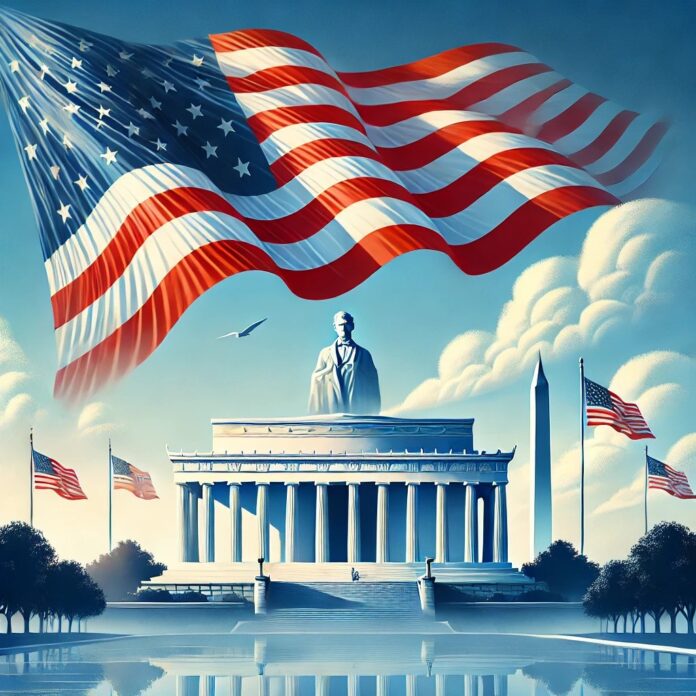President’s Day is a special holiday in the United States dedicated to honoring the leaders who have shaped the nation. Celebrated on the third Monday in February, this holiday originally commemorated George Washington’s birthday but has evolved into a day to recognize all U.S. presidents. This article explores the history, meaning, and ways Americans celebrate President’s Day, making it a perfect time to learn more about the country’s leadership legacy.
The Origins of President’s Day
The history of President’s Day goes back to the early years of the American republic. In 1885, February 22 was officially designated as a holiday to celebrate the birthday of George Washington, the nation’s first president and a key figure in the founding of the United States. Later, as part of the 1971 Uniform Monday Holiday Act, the holiday was moved to the third Monday of February to create a long weekend for workers, and it became known as President’s Day. This shift broadened the holiday’s significance to honor not only Washington but all U.S. presidents, past and present.
Traditions and Observances
Though President’s Day is a federal holiday, traditions vary widely across the country. Here are some common ways Americans celebrate:
- Educational Activities: Schools and educational institutions often hold events or special lessons focusing on U.S. presidents, particularly Washington and Abraham Lincoln. Students may learn about presidential history, the Constitution, and the importance of civic engagement.
- Community Celebrations and Parades: Many communities host parades, historical reenactments, and ceremonies honoring past presidents. These events bring people together to celebrate the country’s history and leadership.
- Sales and Discounts: President’s Day is well known for its shopping discounts, with many retailers offering significant sales on various products. This tradition has made the holiday a popular time for Americans to shop for deals.
- Visits to Historical Sites: Many Americans use the long weekend to visit presidential landmarks, such as Washington D.C.’s National Mall, where monuments dedicated to leaders like Washington and Lincoln can be found. Other historic sites, such as presidential libraries and homes, often host special exhibits or events.
Interesting Facts About U.S. Presidents
President’s Day offers an opportunity to learn more about U.S. presidents and the unique history of their time in office. Here are some interesting facts:
- George Washington: The only president unanimously elected, Washington set many presidential precedents, including the tradition of a peaceful transfer of power.
- Abraham Lincoln: Known for leading the country through the Civil War, Lincoln is remembered for his speeches and the Emancipation Proclamation, which paved the way for the abolition of slavery.
- Theodore Roosevelt: Known for his love of nature, Roosevelt was instrumental in expanding America’s national parks and conservation efforts.
- Franklin D. Roosevelt: The only president to serve four terms, FDR guided the nation through the Great Depression and much of World War II.
These historical figures reflect the values and challenges of their times, making President’s Day a chance to celebrate their contributions.
Engaging Ways to Celebrate President’s Day
President’s Day can be more than just a day off. Here are a few ways to engage with the holiday meaningfully:
- Explore Presidential Biographies: Reading about different presidents can provide insight into how each leader shaped the country.
- Watch Historical Documentaries: Many streaming platforms offer documentaries about U.S. presidents, their lives, and their impact on history.
- Visit a Presidential Museum or Library: For those near a presidential library or museum, visiting these sites can provide an immersive way to learn more about their contributions and legacy.
- Write a Reflection: Encourage everyone to reflect on qualities that make a good leader and discuss what they would prioritize if they were president.
Honoring America’s Leaders
President’s Day reminds Americans of the values, decisions, and sacrifices that have shaped the nation. It is a day to honor past leaders, reflect on their legacy, and consider the importance of civic responsibility. Whether through learning, exploring, or simply taking a moment to appreciate the country’s history, President’s Day offers a meaningful way to connect with the spirit of American leadership.

